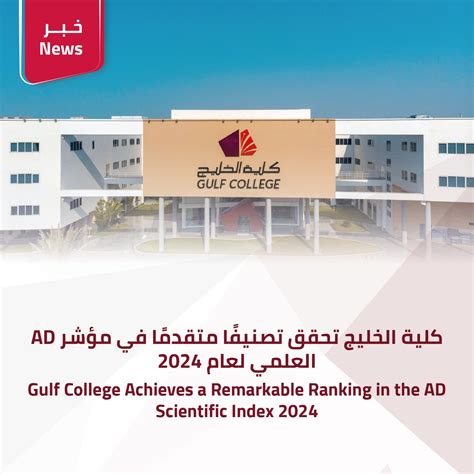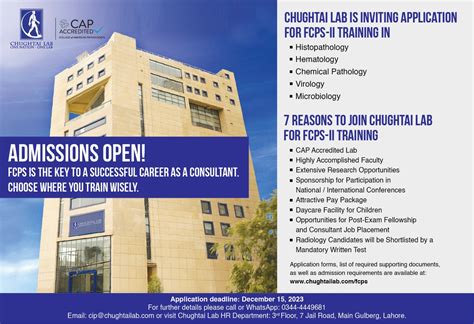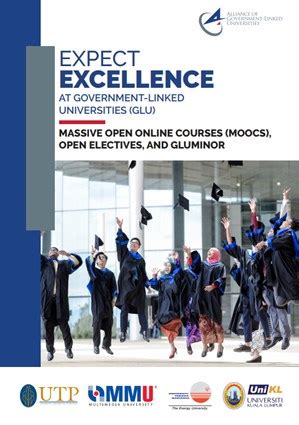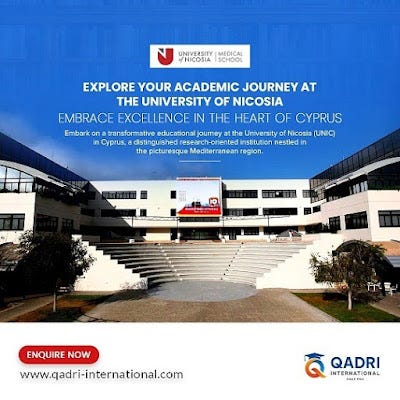In a world that grows increasingly interconnected, understanding and embracing multiculturalism has never been more vital. To gain deeper insight into this phenomenon, we conducted an exclusive interview with an expert on cultural diversity. Through this dialogue, we aim to unravel the complexities of multiculturalism, its benefits, challenges, and the strategic efforts required to foster a harmonious coexistence among diverse cultures. Our interviewee shares personal stories, anecdotes, and offers valuable advice for individuals and communities seeking to promote cultural exchange and integration. Join us as we explore the importance of embracing cultural diversity and its impact on shaping a more inclusive global society.
Delve into this topic with ritarblog.com for a comprehensive understanding.
1. Introduction to Interviewee:
For this illuminating discussion on multiculturalism, we are joined by Dr. Aisha Malik, a leading cultural anthropologist with more than twenty years of experience in cultural diversity and integration. Dr. Malik has devoted her career to researching and advocating for multiculturalism across the globe, specifically focusing on its effects on social unity, economic progress, and personal identity.
Dr. Malik’s extensive research in multiculturalism has positioned her as a leading expert in the field. She has collaborated with international organizations, governments, and community groups, offering her expertise to develop policies and initiatives that foster inclusive environments. Her contributions are reflected in her numerous publications, including books and papers, which explore the critical role of multiculturalism in modern society. Dr. Malik’s expertise is also recognized globally through her frequent keynote addresses at international conferences on the topic.
Dr. Malik’s exceptional ability to connect with people from diverse backgrounds sets her apart. She has a knack for drawing out personal stories and experiences that illuminate the multifaceted nature of living in a multicultural world. In our interview, she shares her own journey, highlighting the pivotal moments that shaped her understanding of cultural diversity and the driving forces behind her dedication to this field.
Dr. Malik’s insights offer a comprehensive understanding of multiculturalism, illuminating its potential as both a source of strength and a challenge in our globalized world. Her experiences and perspectives provide a valuable foundation for the exploration of the subsequent themes in this article.

2. Definition and Importance of Multiculturalism:
Multiculturalism embodies the existence and cohabitation of various cultural groups within a society. It recognizes and honors the unique customs, traditions, languages, and histories that each group contributes to the tapestry of the culture. This approach to cultural diversity goes beyond mere acceptance of differences; it actively values them as a source of strength and enrichment for the community.
Multiculturalism is essential in today’s interconnected world. It cultivates inclusivity, nurtures mutual respect, and broadens understanding among people from diverse backgrounds. Embracing multiculturalism empowers societies to leverage a range of viewpoints, fostering creativity and innovation, which in turn drives more dynamic problem-solving and decision-making.
Multiculturalism is also vital for social cohesion. It facilitates understanding and connection between diverse groups, lessening the chance of conflict and promoting peaceful coexistence. Economically, multicultural societies often experience greater productivity and competitiveness thanks to a more varied workforce.
During our interview, Dr. Aisha Malik explores the intricacies of multiculturalism. She emphasizes how it fosters the creation of resilient, vibrant, and empathetic communities, capable of navigating the complexities of the 21st century.

3. Benefits of Multiculturalism:
Multiculturalism offers a wide range of benefits that impact society, the economy, and culture. One of its most important advantages is the promotion of social cohesion and harmony. By creating an environment that values and respects diverse cultures, multiculturalism encourages dialogue and understanding between different groups, lessening prejudice and stereotypes. This inclusive atmosphere can result in a more peaceful and cooperative society.
Multiculturalism is a potent economic engine, fostering innovation and productivity. A diverse workforce, rich in perspectives and experiences, ignites creativity and problem-solving prowess. Companies embracing multiculturalism gain a competitive advantage by effectively understanding and catering to global markets.
Multiculturalism fosters a vibrant and enriching community by bringing together diverse traditions, languages, and artistic expressions. This diversity broadens perspectives, creating opportunities for individuals to learn from each other, fostering personal growth and cultural appreciation. As a result, multicultural societies are often more dynamic and engaging, offering a rich tapestry of cultural experiences that enhance the quality of life for all residents.
In her interview, Dr. Aisha Malik highlights these benefits, emphasizing how multiculturalism can build stronger, more resilient communities that are prepared to face the challenges of an increasingly interconnected world.

ritarblog.com

